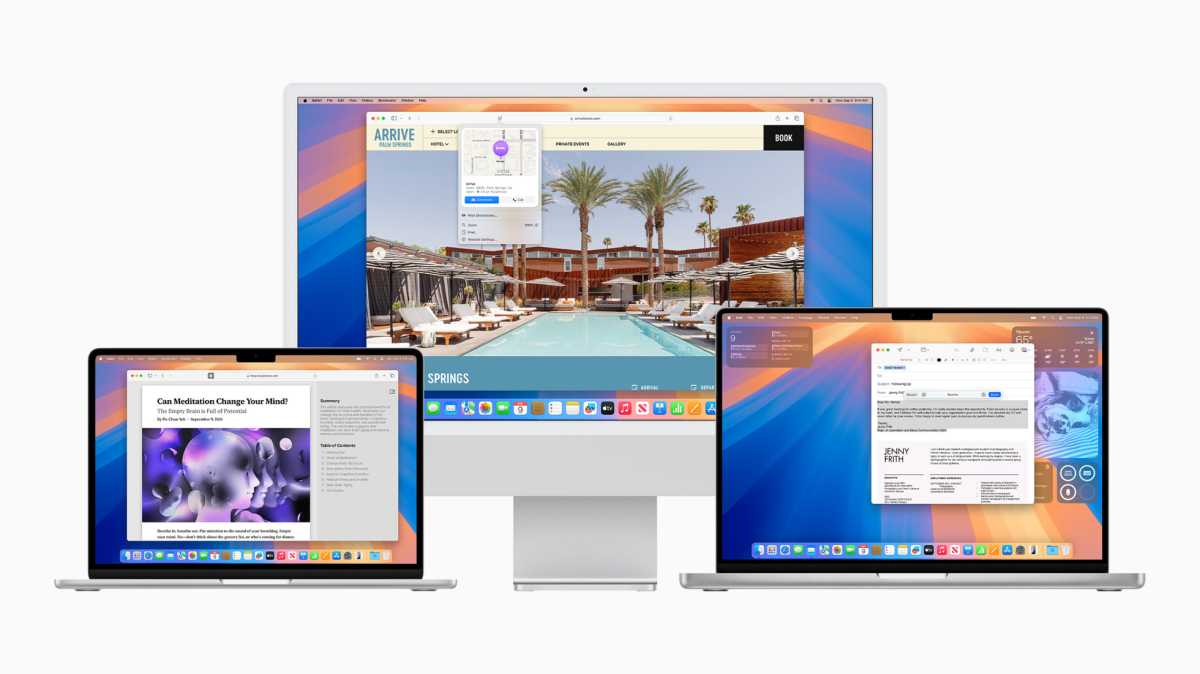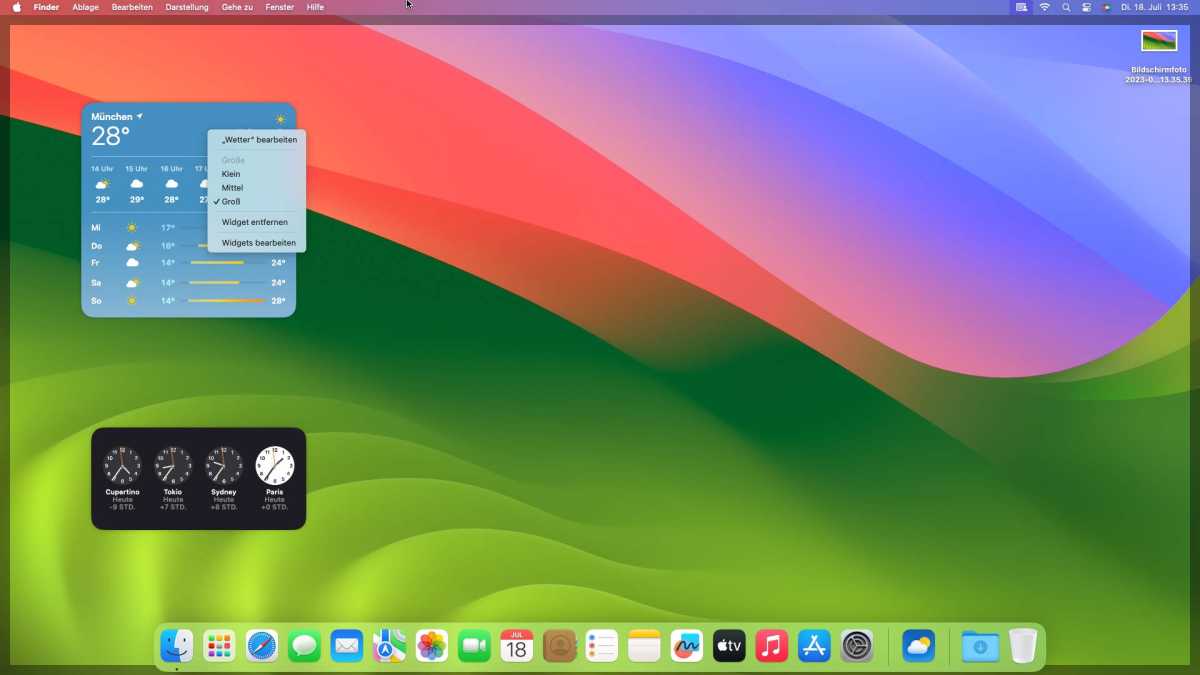The digital heart of your Mac – its operating system – is constantly evolving. But keeping pace with those changes can be confusing. Which macOS versions are compatible with your specific machine? And, crucially, which ones still receive vital security updates? Knowing the answers is paramount to protecting your data and enjoying a smooth, reliable experience.
Currently, macOS 26 Tahoe, released in November 2025, represents the pinnacle of Apple’s operating system. It seamlessly runs on all Macs powered by Apple’s M-series chips, and a significant portion of Intel-based Macs from 2019 onward. However, the relentless march of progress means older machines are inevitably left behind, unable to unlock the latest features and enhancements.
Fortunately, Apple doesn’t abandon its users overnight. Even as Tahoe takes center stage, macOS Sequoia (15), Sonoma (14), and Ventura (13) remain critically important. These versions continue to receive essential security updates, safeguarding your Mac against emerging threats. But understanding the full compatibility landscape requires a deeper dive.

Apple has confirmed that Tahoe will be the final macOS version to support Intel-based Macs. While it *does* still support some, the future is undeniably Apple Silicon. Here’s a breakdown of which Macs can run Tahoe, and which features they’ll access. M-series Macs – MacBook Pro, MacBook Air, iMac, Mac mini, Mac Studio, and Mac Pro – all enjoy full compatibility. Certain Intel-based MacBook Pros (2020, 13-inch with four Thunderbolt 3 ports, and 2019, 16-inch) and the Intel Mac Pro (2019) and iMac (mid-2020) can run Tahoe, but *without* access to the new Apple Intelligence features.
If Tahoe isn’t an option, macOS 15 Sequoia is the next best choice. All M-series Macs are fully supported, including access to Apple Intelligence. A range of Intel Macs can also run Sequoia – iMacs (2019 and August 2020), Mac Pro (2019), iMac Pro (2017), MacBook Air (March 2020), Mac mini (2018), and MacBook Pros (2018, 2019, and May 2020) – but, again, Apple Intelligence remains unavailable on these older machines.
Released in 2023, macOS 14 Sonoma continues to receive security updates. It supports a broad range of Macs, including iMacs from 2019, Mac Pros from 2019, iMac Pros from 2017, Mac Studios from 2022, and MacBook Air and Mac mini models from 2018. However, as with previous versions, older machines are inevitably left behind.

Ventura (macOS 13), released in October 2022, remains a viable option for many. It supports MacBook models from 2017 onward, MacBook Air models from 2018 onward, MacBook Pro models from 2017 onward, Mac mini models from 2018 onward, iMac models from 2017 onward, iMac Pro (all models), and Mac Pro models from 2019 onward.
Looking further back, macOS 12 Monterey (October 2021) and macOS 11 Big Sur (November 2020) are no longer receiving regular updates, but may still function on older hardware. Compatibility extends to a wide range of Macs, but it’s crucial to remember the security implications of running unsupported software.
As you journey further into the past – macOS 10.15 Catalina (October 2019), 10.14 Mojave (September 2018), 10.13 High Sierra (September 2017), 10.12 Sierra (September 2016), 10.11 El Capitan (September 2015), 10.10 Yosemite (October 2014), 10.9 Mavericks (October 2013), and 10.8 Mountain Lion (July 2012) – the list of compatible Macs expands, but the risks associated with outdated software grow exponentially. M-series Macs cannot be downgraded beyond Big Sur due to fundamental architectural differences.

Ultimately, understanding macOS compatibility isn’t just about unlocking new features; it’s about safeguarding your digital life. By knowing which versions your Mac can run, and which ones are actively supported, you can make informed decisions that prioritize security, stability, and performance.






